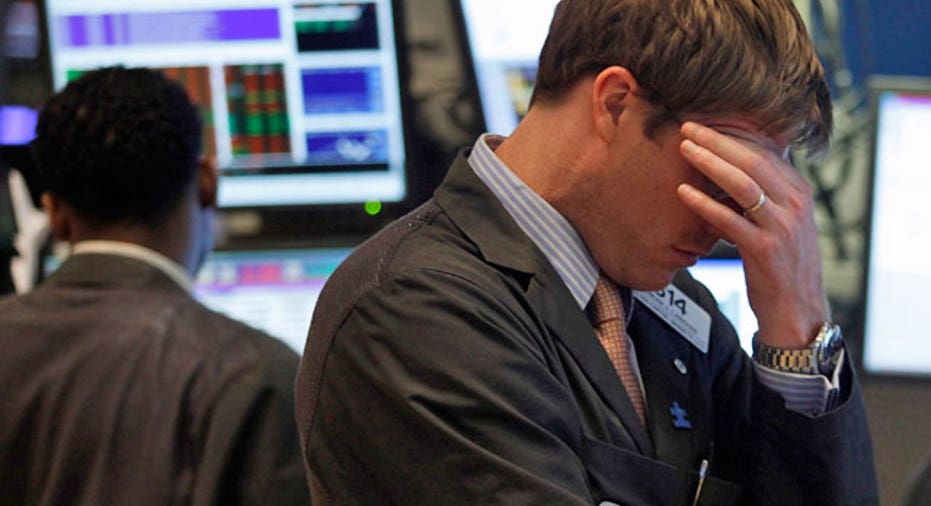S&P Sees Longest Losing Streak Since 1980

The S&P 500 ended lower on Friday for a ninth straight day, the longest losing streak for the benchmark index in more than 35 years, as investors stayed on edge ahead of an uncertain U.S. election.
The tech-heavy Nasdaq also ended lower for a ninth-consecutive session, while the Dow industrials closed down for a seventh straight day.
Investors have been unnerved by signs of a tightening presidential race between Democrat Hillary Clinton and Republican Donald Trump.
Clinton had been thought to have a clear lead until the re-emergence last week of a controversy over her use of a private email server while secretary of state.
"Investors are uncertain about the outcome of the election, and they have grown more uncertain since last Friday," said Walter Todd, chief investment officer with Greenwood Capital in Greenwood, South Carolina.
The Dow Jones industrial average <.DJI> fell 42.39 points, or 0.24 percent, to 17,888.28, the S&P 500 <.SPX> lost 3.48 points, or 0.17 percent, to 2,085.18 and the Nasdaq Composite <.IXIC> dropped 12.04 points, or 0.24 percent, to 5,046.37.
Despite the historic run, the S&P has pulled back by only about 3.1 percent over that time. For the year, the index is up 2 percent.
It was the 14th time since 1928 that the S&P 500 had declined for nine sessions in a row, according to S&P Dow Jones Indices.
On Friday, Wall Street had posted solid gains as of the afternoon, spurred by a strong U.S. employment report, but then lost steam and sold off into the close.
"Obviously the big concern this week has been the shift in the polls in the election. We did have a bounce for a period of time, but when it didn't hold and people just decided to liquidate going into the close to reduce exposure in case any more news hits over the weekend," said Michael O’Rourke, chief market strategist at JonesTrading in Greenwich, Connecticut.
"There's a lot of headline risk out there."
U.S. employers maintained a strong pace of hiring in October and boosted wages for workers, the Labor Department reported on Friday. Nonfarm payrolls increased by 161,000 jobs last month amid gains in construction, healthcare and professional and business services.
While that was below economists' forecast for growth of 175,000 jobs, solid labor market fundamentals were underscored by revisions to August and September data, which showed 44,000 more jobs created than previously reported.
"The upward revisions over the last two months suggest that the overall picture is continued job growth," said Kate Warne, investment strategist with Edward Jones in St. Louis. "That means that consumers have more money and that should continue to support economic growth."
Higher-than-expected quarterly profits from biotech company Regeneron <REGN.O> and health insurer Humana <HUM.N> lifted those companies' shares, along with the S&P healthcare sector <.SPXHC>, which rose 0.8 percent on Friday.
Consumer staples <.SPLRCS> were the worst-performing group, falling 1 percent.
Advancing issues outnumbered declining ones on the NYSE by a 1.06-to-1 ratio; on Nasdaq, a 1.09-to-1 ratio favored advancers.
The S&P 500 posted 4 new 52-week highs and 15 new lows; the Nasdaq Composite recorded 32 new highs and 148 new lows.
About 7.3 billion shares changed hands on U.S. exchanges, above the 6.6 billion daily average over the last 20 sessions.



















